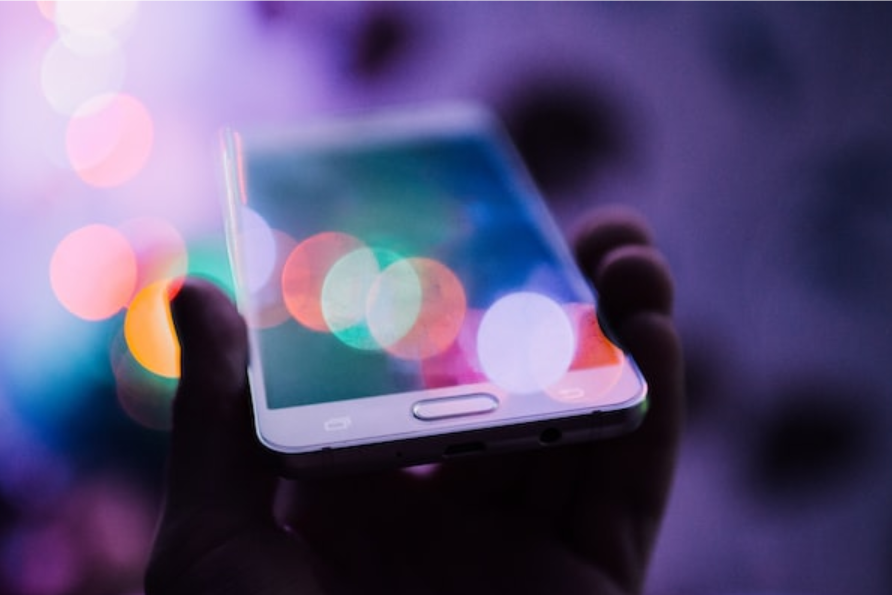Technology
How To Avoid Hitting Your Data Consumption Limit
Are you worried about using too much data and hitting your limit? Don’t worry, as there are many ways to avoid going over your data consumption limit. In this article, we’ll be discussing simple tips and tricks to help you keep your data usage under control. Keep reading to learn how to avoid hitting your data limit.
Opt for a better phone plan

Are you stuck with your current phone plan, but regularly find yourself going over your data limit? If this is the case, you’re likely feeling frustrated and overwhelmed. It can be hard to know what to do when you’re stuck in a contract and can’t switch carriers. Luckily, there are a few steps you can take to make sure you’re getting the most out of your plan and avoid hitting your data limit. The first thing to consider is whether or not you need an unlimited data plan. If you’re a heavy data user, this could be the right choice for you. Unlimited plans give you the freedom to use as much data as you need without worrying about overage charges or running out of data. However, if you’re a light data user, you may not need an unlimited plan and could save money by opting for a plan with a lower limit.
Use WiFi whenever possible
We’re all familiar with the feeling of dread when you realize you’ve used up all of your data for the month and you’re now stuck with a dreaded overage charge. Fortunately, there’s an easy way to avoid this situation: use WiFi whenever possible. WiFi is widely available these days, and most public spaces like restaurants, cafes, libraries, hotels, and even airports offer free or paid WiFi access. By using WiFi whenever you can, you can significantly reduce the amount of data used on your phone or another device. This can help ensure that you don’t exceed your limit and incur overage charges. Using WiFi also allows you to access more of the internet than you would be able to use your data plan.
Stream music and videos at lower-quality settings

Streaming music and videos at lower quality settings is an effective way to avoid hitting your limit. Streaming audio and video content at a lower bit rate results in files that are smaller in size, meaning they will require less of your monthly data allowance when accessed. By reducing the resolution of the stream or selecting a standard definition (SD) rather than high definition (HD) option you can significantly reduce the amount of data used per hour–for example, streaming HD video uses around 3GB per hour while SD only requires 0.5GB or less. You should also consider using compressed audio formats such as MP3 instead of lossless formats like WAV or FLAC, which use more data but usually offer better sound quality. Additionally, turning off autoplay on sites like YouTube can help you stay within your limit as this feature often continues playing related videos after viewing one without any user input required.
Optimize your device’s network connections.
Optimizing your device’s network connections is an important part of avoiding hitting your consumption limit. To optimize network connection, users should first ensure they are using the most current version of their device’s operating system and that any available updates have been installed. Additionally, users should take a few steps to ensure their Wi-Fi connection is strong by checking for interference from other wireless devices in the area or setting up a separate wireless access point if possible to increase signal strength. Using a wired connection when streaming audio/video or downloading large files can also help reduce bandwidth usage since it does not use as much data as wireless connections do. Users may also want to consider disabling background apps on mobile devices since these can continue running even after you close them and drain battery life while consuming precious data.
Overall, it is important to be aware of how much data you are consuming in order to avoid hitting your data limit. Taking steps such as limiting streaming, using Wi-Fi when possible, and monitoring data usage are all beneficial in preventing you from going over your data limit. By taking these measures, you can ensure that you remain within your data limit and avoid costly overage fees.




















